5 BEGINNER PHOTOGRAPHY MISTAKES and How to Solve Them
What's up everyone welcome back .
Hear i would like to share five mistakes I commonly see beginner photographers make and my solutions on how to solve them.
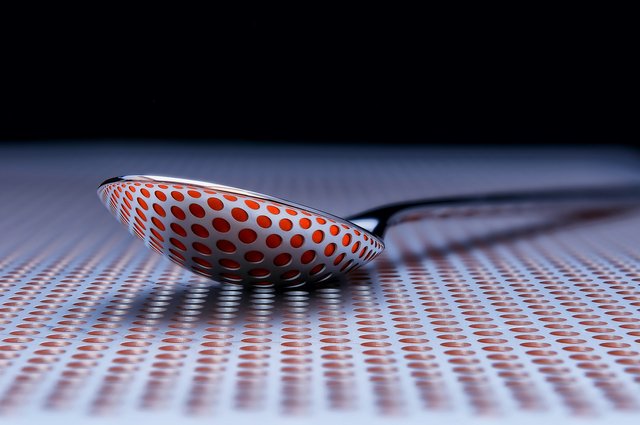
I see all of the time and that is wonky horizons, now it may not be obvious at first.But when you review back your images afters and once you spot it.You can't help but not spot anymore. So many people are taking pictures, and they're not aware of how wonky.They may be taking those so first and foremost, make sure you have your horizon dead straight across the center of your image.If you have that
otherwise you can always fix it in your editing software so in Photoshop or in Lightroom.
Wonkiness is really It's really easy to spot once you go looking for it.If you find yourself a notoriously bad with wonky horizons.Then maybe some extra tips you can take to improve that is to take your time with things use two hands on the camera and steady yourself with a steady posture.
In fact, most cameras will actually have a gyroscope built in and you should be able to enable it on both the viewfinder and on the screen,so you can keep those steady
particularly if you're shooting with a tripod you've really got no excuse.
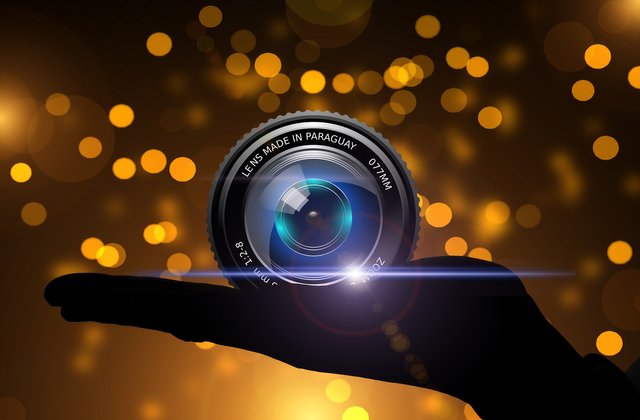
So my second mistake that I see quite commonly is a complete misunderstanding of white balance.Now white balance is the metering that you set in your camera to set the color temperature of your images.Now the color temperature comes from your main light source now that could either be the sunlight or it could be a tungsten light or it could be a fluorescent bulb something like that so you need to set the white balance on your camera - the main source of light.That way you'll get truly accurate whites and colors across the board with your images otherwise you may end up with very warm and orangey images or very blue and sometimes greeny images.
If you shoot in RAW as well, you can also change this in your post-production.But generally it's good to get a good in camera these days cameras are actually really good at setting auto white balance as well.So that may even be your solution to solve things to change your white balance you can either go into the settings or look on the back of your camera on the top you may have a button that it's just labeled as WB and you'll go through there pretty much every camera will have an icon related to the light source so that you match them, So if you really have no idea then just match it to the icon and if you really want to be accurate in your white balance then you can purchase a gray card and then you can match up to your images with the grey card in front and then that way everything is going to be accurate.
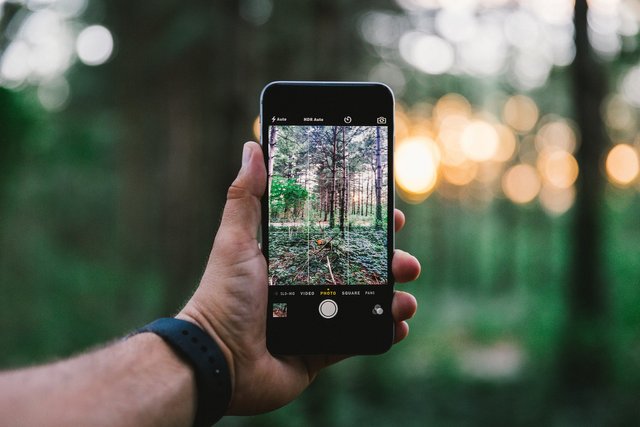
Okay, so if there's anything that could be the most important thing that you really don't wanna make a mistake on its,this having blurry or non-sharp images. I can't stress enough. How important it is to get your images pin sharp.You know you can make a mistake on everything else, but honestly just get your images sharp to me nothing stands out as amateur more than if your image isn't sharp in the first place now some ways to improve that.You can either shoot with a faster shutter speed you can maintain a steadier posture you could use a tripod or you could use a higher ISO if you're in low-light situations so many people come to me with images and they say hey, can I get you feedback on this and beyond anything.
The one thing that really really stands out is when your images just aren't sharp another thing to take note of with that is the way that aperture plays into the depth of field and sharpness of images.The larger your aperture the less you actually have in focus so you may actually find
some people take photos of people and the nose is perfectly in focus and the eyes are soft. They're not in focus just use a slightly smaller aperture or set your focus correctly on the eye and that will really stand out differently, but when I say shakiness and bonus.
I'm usually talking about when people have taken an image, and they're clearly not stood very steady whilst they're taking it. They just study your posture, and you'll get great results.
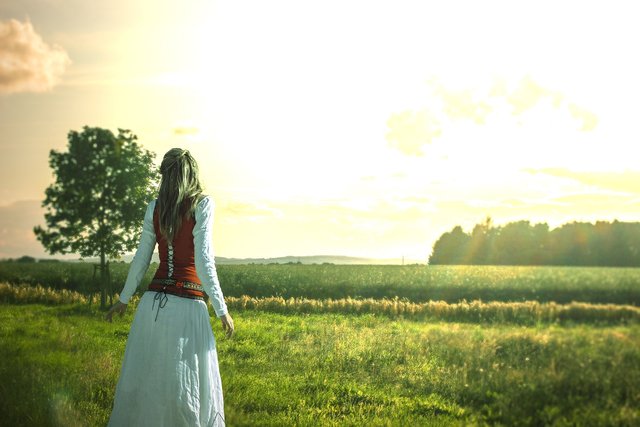
My next tip is related to composition now We all know that finding a great composition is really hard and quite troublesome sometimes however this particular aspect I'd say comes down to spatial awareness and I see it a lot and people maybe aren't aware of the scene that they're in and taking the photos and they don't realize it just a small adjustment can actually make a huge improvement on the image.So a few things that are quite commonly seen taking pictures of people and things are uncomfortably cropped off so maybe someone's head is propped up a little bit uncomfortably or the bottom of their feet cropped off if it's a full-body shot or maybe you're taking a picture of a building and you crop the top of it, and it just looks a bit odd or perhaps, it's something. That's maybe symmetrical, and you haven't taken it quite in the middle.
It's just ever so slightly off-center if you can just keep that spatial awareness apparent in your images it makes a huge difference.
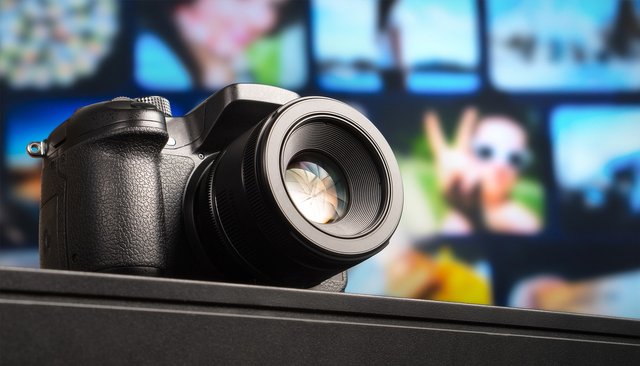
Okay, so my final tip on how to overcome the five mistakes that beginner photographers make and that is setting your exposure correctly. Now this is incredibly common that people maybe unaware of how to properly set the exposure on their camera and that is completely fine, however it is not big, and it is not clever to shoot in manual all of the time I mean, I feel like a few years ago.I fell into that trap where I was always shooting manual and now quite often actually shooting aperture priority or I'll shoot something else.Just let something within the camera do something automatic for you to maintain a correct exposure.
Because what you don't want to happen is go somewhere and miss a shot because it is poorly exposed or something happens and you've missed it because you're on old settings for when it was exposed to something else the other thing to bear in mind.Is that on your camera itself in the viewfinder when you are shooting you will see a little light meter?If you can get that meter as close to the center as possible by adjusting your settings and that means you're gonna have a perfectly exposed image the meters within cameras are really really good these days.

Another thing that a lot of people kind of make the mistake of through reading old literature is they are afraid of high ISO s and I'm talking like anything above
600 which to me is not high at all.If you have a camera that was bought within the last four or five years or something you could be pretty confident to shoot you know3200 ISO. Maybe even higher if you've got a high-end camera you could shoot anything up to maybe twenty thousand with your ISO and still be able to get shots now there will be some noise involved.
That's true across anything but what would you rather have? An image that's kind of noisy? or, no image at all because it's poorly exposed? For me, I'd rather have an image that's correctly exposed if it comes with noise it comes with noise.
That's just down to the location and any other light you maybe can't control so yeah, be aware of your highlights. Be aware of your shadows and your overall surroundings.
If you can try not to clip either of those generally you want to maintain your highlights.You can always raise the shadows in your post-production.So you don't want any blown out skies that are supposed to be blue, and they've come out completely white.But pay attention to your light meter in the viewfinder and you'll be great.So that concludes my top five tips on how to solve beginner problems with photography.
I hope you've enjoyed this post.Thanks for you valuable time.Post your comment below.I will come up with new Photography tips.Till time
Cheers
Sandeep Adiyara

How long have you been a photographer for?
Thanks for your comment.I have been in field for last seven years and father was professional wild life photographer.He was my first mentor .
Nice information... I own a camera but barely use it as I don't like the pictures that I take 😁